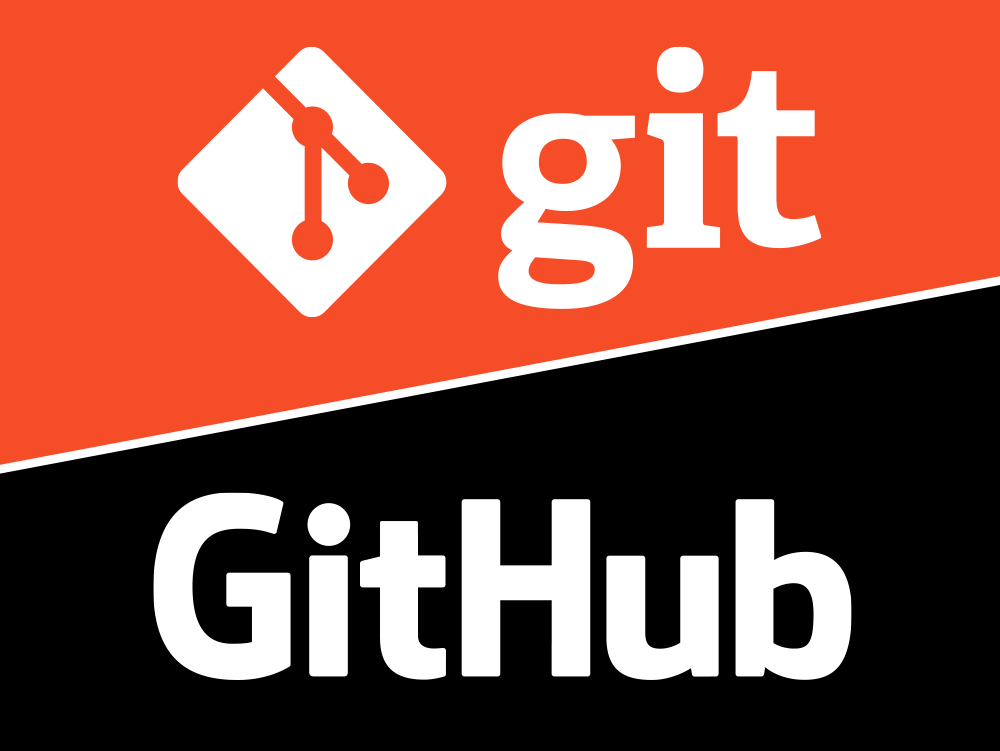Becoming a computer programmer is a journey that involves several steps, which typically include education, practice, and hands-on experience. Here is a roadmap to get you started:
- Understand the Fundamentals:
- Learn about computer science: Understanding the basics of how computers work, data structures, algorithms, and computational thinking is crucial.
- Grasp the basics of programming: Topics like variables, control structures (loops, if/else statements), data types, and syntax are foundational.
- Choose a Programming Language:
- Start with an easier language to understand the basics of programming. Python is often recommended for beginners due to its simplicity and readability.
- Once you’re comfortable, you can learn additional languages like JavaScript, C++, Java, or others depending on your interests.
- Structured Learning:
- Formal Education: Enroll in computer science or a related degree program at a college or university.
- Online Courses and Bootcamps: Platforms like Coursera, edX, Codecademy, and freeCodeCamp offer courses in programming. Bootcamps are intensive, short-term training programs.
- Books and eBooks: There are many great programming books for beginners such as “Automate the Boring Stuff with Python” by Al Sweigart, or “Eloquent JavaScript” by Marijn Haverbeke.
- Practical Application:
- Practice coding: Work on small projects or problems. Websites like LeetCode, HackerRank, and CodeWars offer programming challenges.
- Projects: Build your own projects or contribute to open source. This will help you understand the software development cycle and version control systems like Git.
- Develop Your Technical Skills:
- Learn about databases and SQL: Understanding how to interact with databases is a key skill for programmers.
- Study web development: If you’re interested in building web applications, learn HTML, CSS, and JavaScript, as well as frameworks like React or Angular for the frontend and Node.js or Django for the backend.
- Explore different fields: Depending on your interest, dive into areas like mobile app development, artificial intelligence, machine learning, or game development.
- Soft Skills:
- Problem-solving: Programming is fundamentally about solving problems. Strengthen your problem-solving skills by tackling a variety of programming challenges.
- Communication: You’ll need to explain your code and technical processes to non-technical team members.
- Teamwork: Most programmers work as part of a team, so it’s important to be able to work effectively with others.
- Networking and Community:
- Participate in coding communities: Join forums like Stack Overflow, Reddit’s r/learnprogramming, or local meetups.
- Attend hackathons: These events can be a fun way to meet other programmers, learn new skills, and work on collaborative projects.
- Job Preparation:
- Create a portfolio: Display your projects and any contributions to open source projects.
- Resume and LinkedIn: Ensure your resume is up-to-date with relevant skills and experiences. Make use of LinkedIn for networking.
- Prepare for interviews: Practice coding interviews and understand common algorithms and data structures that are often discussed.
- Stay Current:
- Continuing education: The tech field is always evolving. Keep learning new languages and technologies.
- Read tech blogs and news: Follow industry news to stay up-to-date on emerging trends.
- Find a Job:
- Internships: Gain experience and make connections.
- Entry-Level Positions: Apply for positions like junior developer or programmer.
- Freelancing: This can help you build a portfolio and gain experience.
It’s important to remember that becoming a proficient programmer doesn’t happen overnight. It requires dedication, persistence, and a continuous willingness to learn and adapt.



